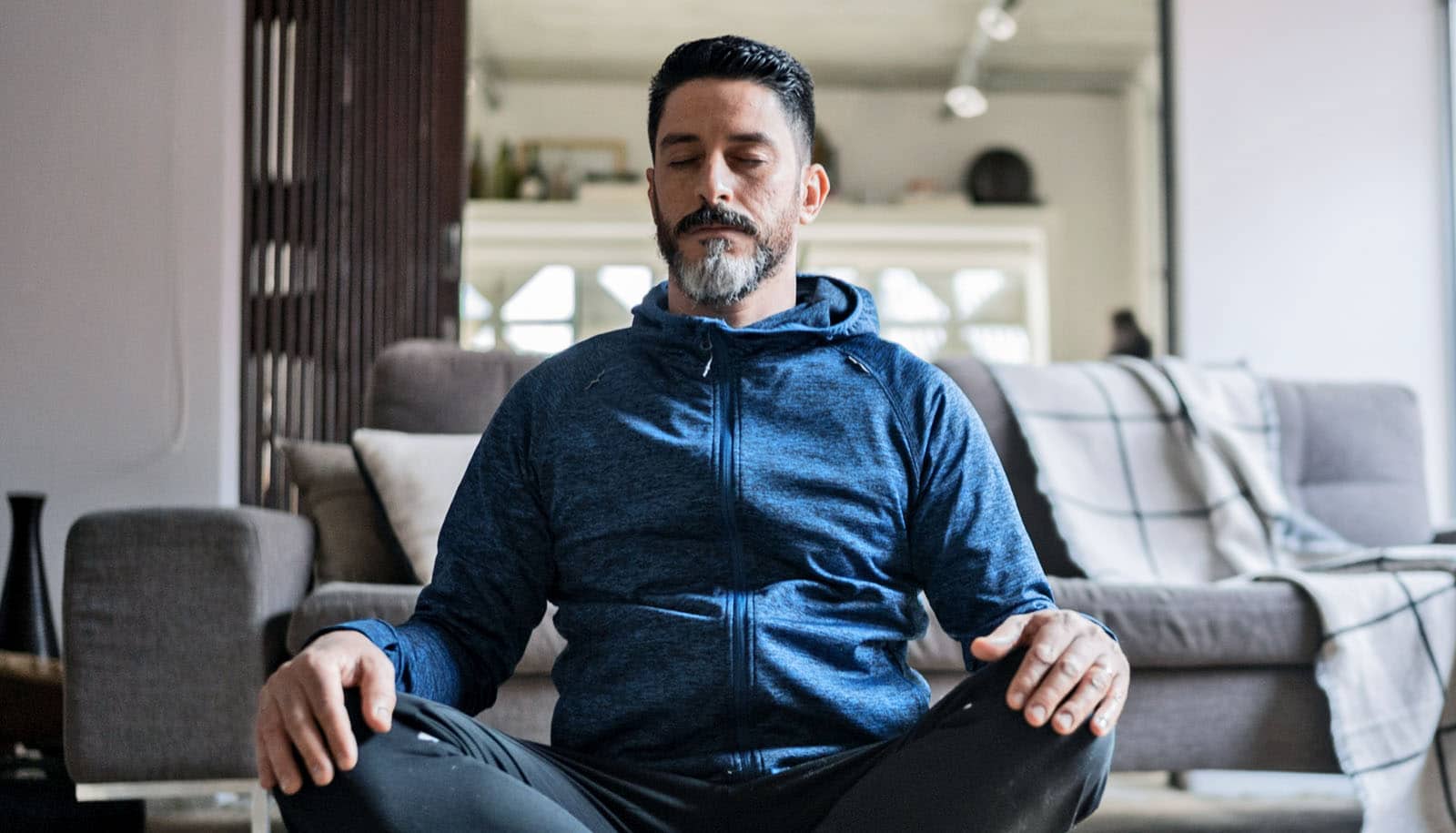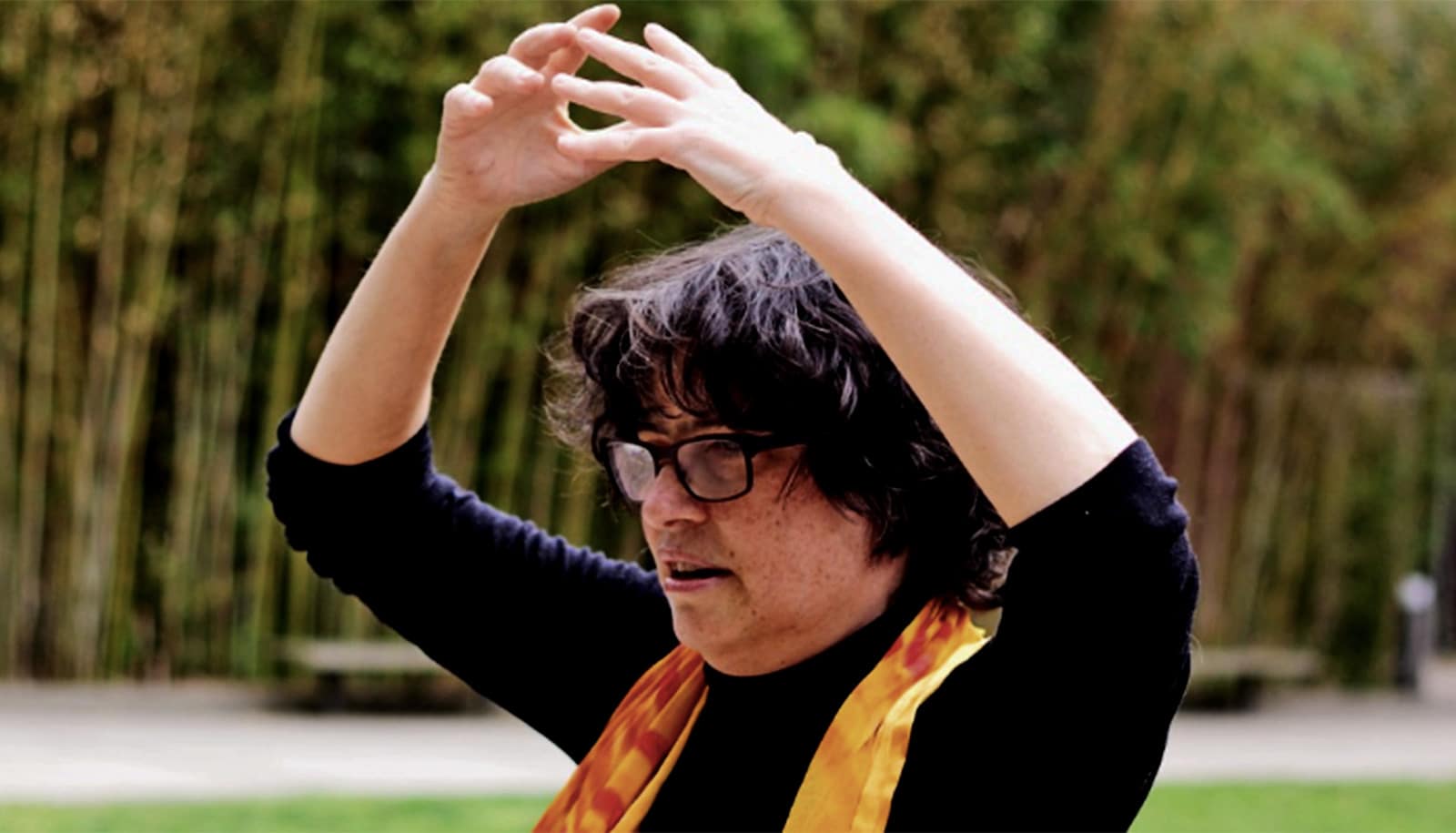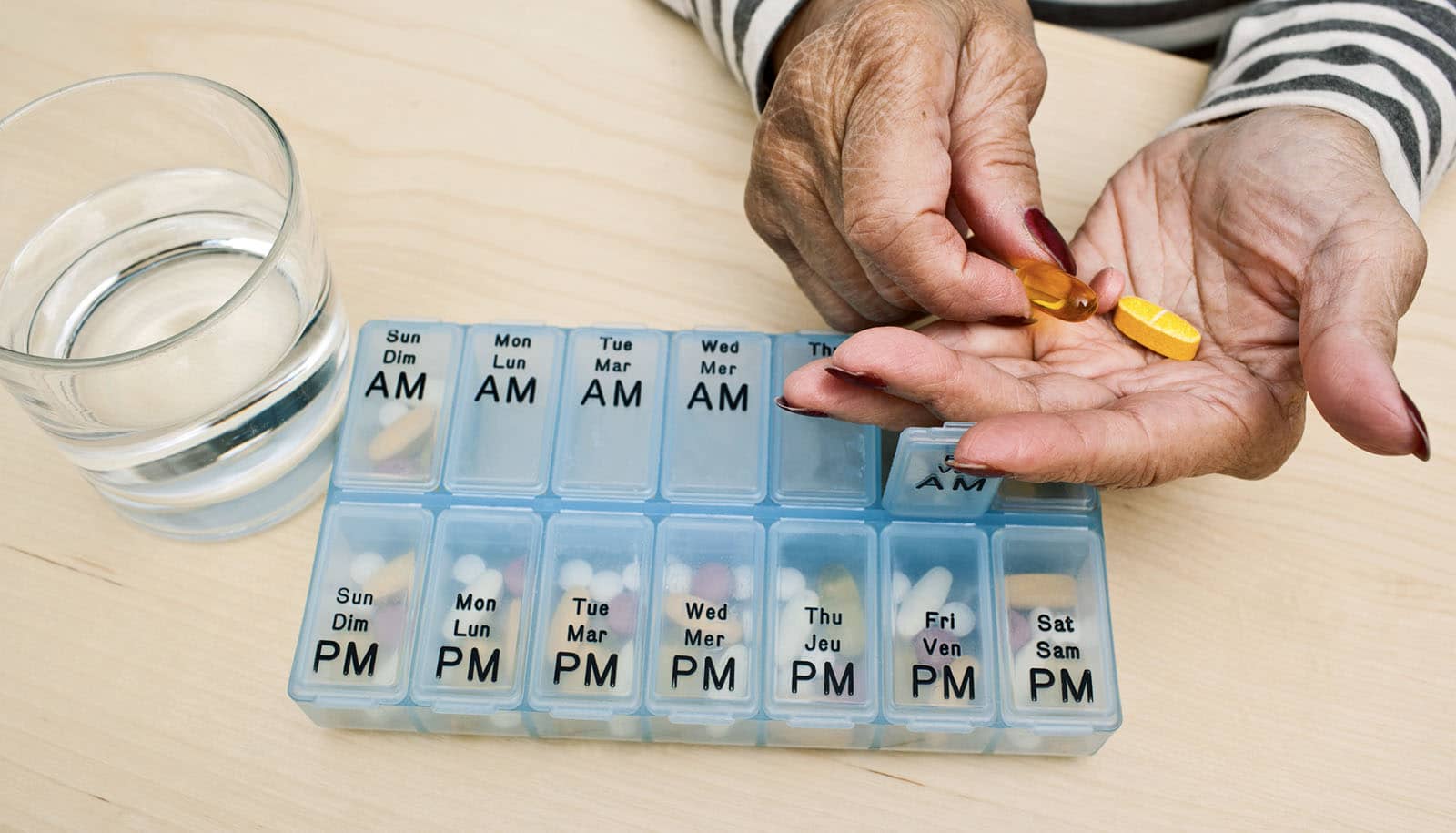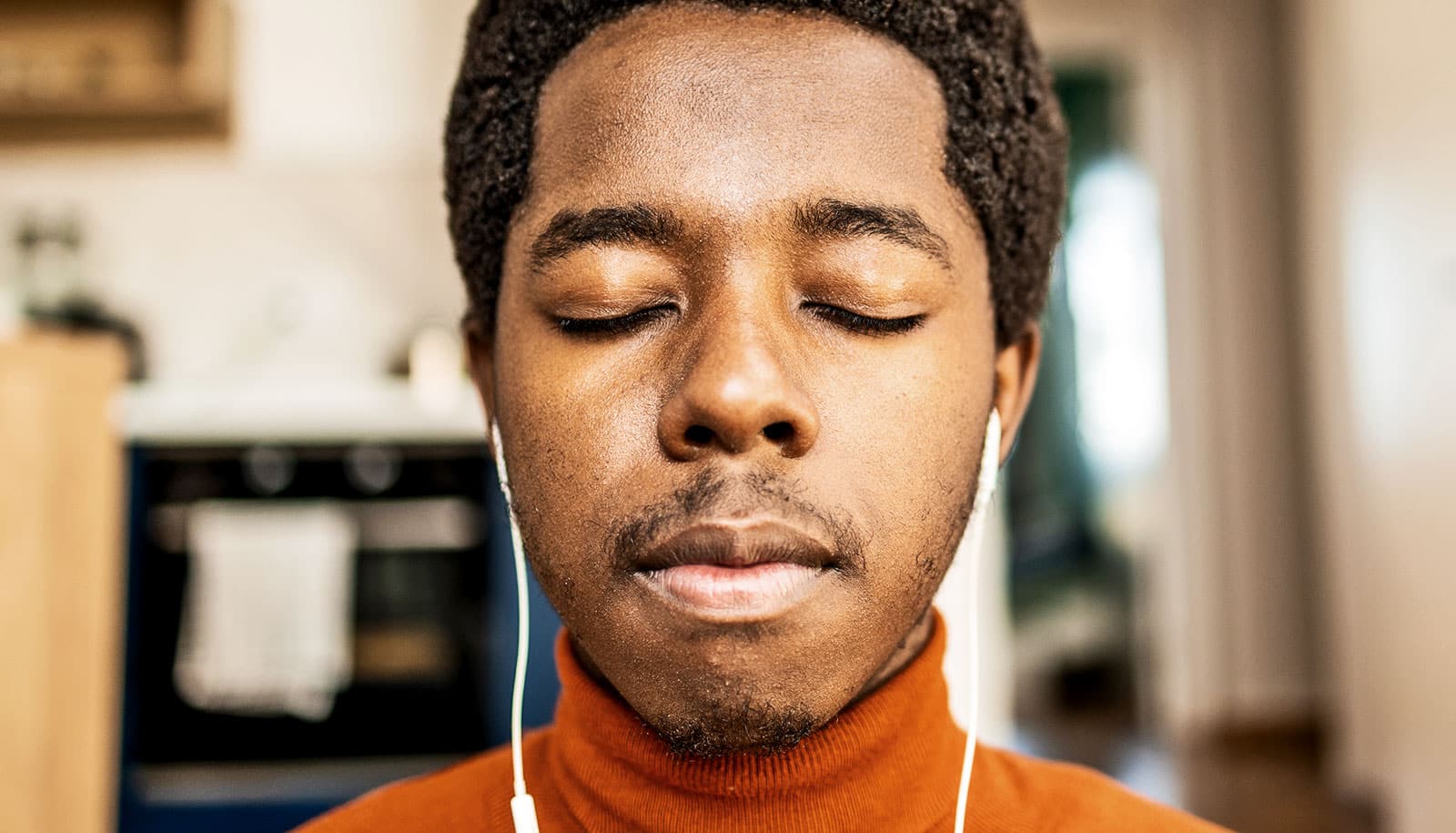A new set of national guidelines recommends that cancer patients use mind-body techniques—particularly mindfulness meditation—to ease anxiety and depression during and after treatment.
Yoga, hypnosis, acupuncture, and music therapy were also among the “integrative oncology” interventions that showed strong enough evidence to recommend to patients.
Other methods, such as inhaling lavender essential oils during cancer-related medical procedures, came with weaker recommendations due to less compelling data—but still would do no harm and may provide some benefit, researchers say.
Alissa Huston, an associate professor of medicine and hematology/oncology at the University of Rochester Medical Center and oncologist at its Wilmot Cancer Institute, was part of a national team that reviewed scientific data and made recommendations based on clinical study outcomes.
The guidelines appear in the Journal of Clinical Oncology.
“It’s so exciting to have these tools to utilize—and to have the scientific evidence to back up what works for anxiety and depression in people with cancer,” says Huston.
“Now, we have evidence-based guidelines for mind-body therapies, similar to what we use to guide other treatments for cancer,” Huston says. “This will help our patients with decision-making, and we can educate them about what is effective and safe.”
More than 40% of individuals with cancer report anxiety or depression associated with the diagnosis and may suffer a reduced quality of life, Huston says.
She and coauthors reviewed 110 studies on integrative oncology interventions. The Society for Integrative Oncology (SIO) and the American Society of Clinical Oncology (ASCO) convened the expert panel.
One interesting outcome of the study: Supplements were not recommended.
Although many cancer patients take supplements for anxiety, Huston says, scientific data is inconclusive and some studies show they can be unsafe due to harmful interactions with cancer medications. She suggests that patients talk candidly with their physicians about all vitamins and supplements they are taking.
Source: University of Rochester



